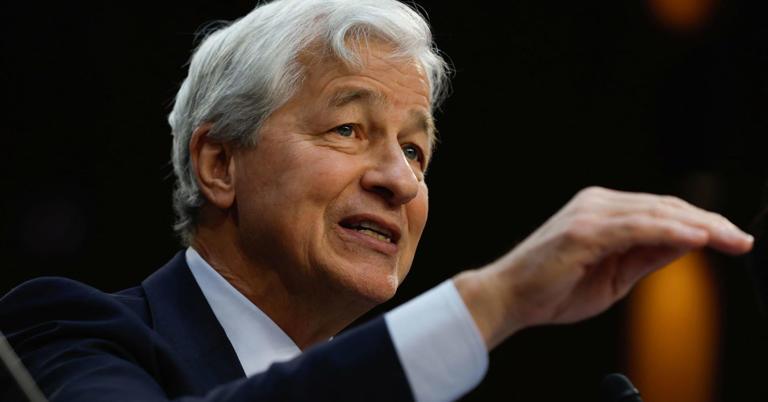The recent ruling by a Russian court favoring VTB Bank, a state-run financial institution, in its legal dispute against JPMorgan Chase, one of the largest banks in the United States, represents a significant development in the ongoing fallout from Russia’s military intervention in Ukraine. The court’s decision, which orders the seizure of $439.5 million held by JPMorgan in Russian accounts and other assets, stems from VTB’s claim that these funds were frozen by JPMorgan in response to sanctions imposed after the Ukraine invasion.
VTB’s legal maneuver, initiated in a St. Petersburg arbitration court, aims to recover the frozen assets and secure relief due to JPMorgan’s announced intention to withdraw from its operations in Russia. The court’s ruling underscores the intricate interplay between global financial systems, particularly amidst heightened geopolitical tensions and the imposition of international sanctions.
While JPMorgan has refrained from commenting on the court’s decision, VTB has yet to provide a response to requests for comment. This legal imbroglio shines a spotlight on the complexities faced by multinational banks operating within jurisdictions subject to divergent regulatory regimes and international sanctions.
The broader geopolitical context surrounding this legal saga includes the Biden administration’s concerted efforts to exert pressure on Russia through a combination of economic sanctions, diplomatic measures, and military support for Ukraine. President Biden recently signed into law a comprehensive foreign aid bill that empowers U.S. officials to identify and seize Russian assets within the United States, further complicating the landscape for financial institutions engaged in transactions involving Russia.
In response to VTB’s legal action, JPMorgan initiated its own legal countermeasure in the Southern District of New York, seeking to thwart VTB’s efforts. JPMorgan contends that U.S. law prohibits the release of VTB’s frozen assets, placing the bank in a precarious position where compliance with U.S. sanctions could potentially result in substantial financial losses.
JPMorgan’s argument that VTB breached contractual obligations by pursuing legal action in Russia instead of American courts underscores the jurisdictional and procedural complexities inherent in transnational legal disputes. Additionally, JPMorgan’s assertion that Russian courts have previously facilitated similar actions against Western banks adds another layer of complexity to the unfolding legal drama.
The outcome of this legal skirmish between JPMorgan and VTB carries significant ramifications for both banks, as well as for the broader landscape of international finance amid escalating geopolitical tensions and regulatory uncertainties. As the case continues to evolve, it is likely to draw increased scrutiny from financial regulators, policymakers, and market observers seeking to navigate the intricacies of global financial markets in an increasingly volatile geopolitical environment.
